Joseph Castellano, PhD
Associate Professor of Neuroscience
Dr. Castellano earned his PhD with David Holtzman at Washington University, where he studied mechanisms tying the strongest genetic risk factor for Alzheimer’s disease to metabolism of the pathogenic amyloid beta peptide. He employed in vivo microdialysis to show in behaving mice that clearance of this peptide is impeded by the presence of ApoE4 whereas clearance in the context of more protective forms is faster. During postdoctoral training in Tony Wyss-Coray’s group at Stanford University, he became engrossed in characterizing factors in the periphery that reverse features of brain aging, finding that neonatal plasma treatment revitalizes hippocampal function in aged mice. His group now focuses on characterizing the activity of blood-borne proteins like TIMP2 that mediate long-range effects on circuits in the brain in the context of Alzheimer’s disease.
Education & Training
Postdoctoral Fellowship: Stanford University
PHD: Washington UNiversity in St. Louis
BS: University of Maryland, Baltimore County
Awards
NIA/NIH K99/R00 Pathway to Independence Award
2015 New Vision Award, Donor’s Cure Foundation, Charleston Conference on Alzheimer’s Disease
Postdoctoral Ruth L. Kirschstein National Research Service Award
Stanford Dean’s Postdoctoral Fellowship
NIH Child Health Research Institute Postdoctoral Fellowship
Jane Coffin Childs Postdoctoral Fellowship, Simons Foundation Fellow
34th Annual James L. O’Leary Prize for Research in Neuroscience (Washington University)
Hope Center Award Finalist for Research in Translational Neuroscience
Conference Assistant Award, Keystone Conference (J5), Neurodegenerative Diseases
Predoctoral Ruth L. Kirschstein National Research Service Award
Phi Beta Kappa
Outstanding Graduate for Excellence in Biochemistry Award (UMBC)
Provost’s Undergraduate Research Award (UMBC)
Funding
Alzheimer’s Association research grant
NIH/NIA R01
Mechanisms of youth-associated blood-borne factors regulating CNS rejuvenationADRC Developmental project Award
Black Family Stem Cell Institute Pilot Award
NIH/NIA R01
Mechanisms of TIMP2-mediated hippocampal revitalization in Alzheimer's diseaseBrightFocus Foundation Grant
Plasma Protein-mediated Effects of ApoE4 Expression on Brain Function in Alzheimer's Disease
Katz & Martin Friedman Brain Institute Research Scholar Award
Blood-borne Molecules to Target Alzheimer's Disease PathologyNIH K99/R00 Pathway to Independence Award
Regulation of Hippocampal Plasticity and Learning & Memory by a Bloodborne Rejuvenation Factor

